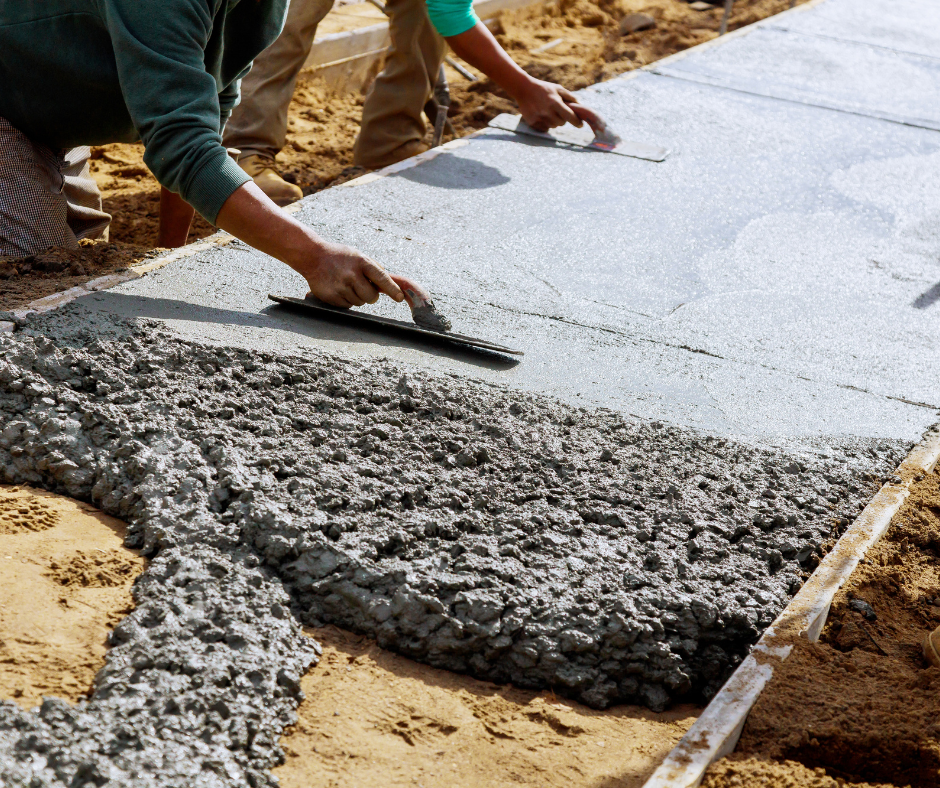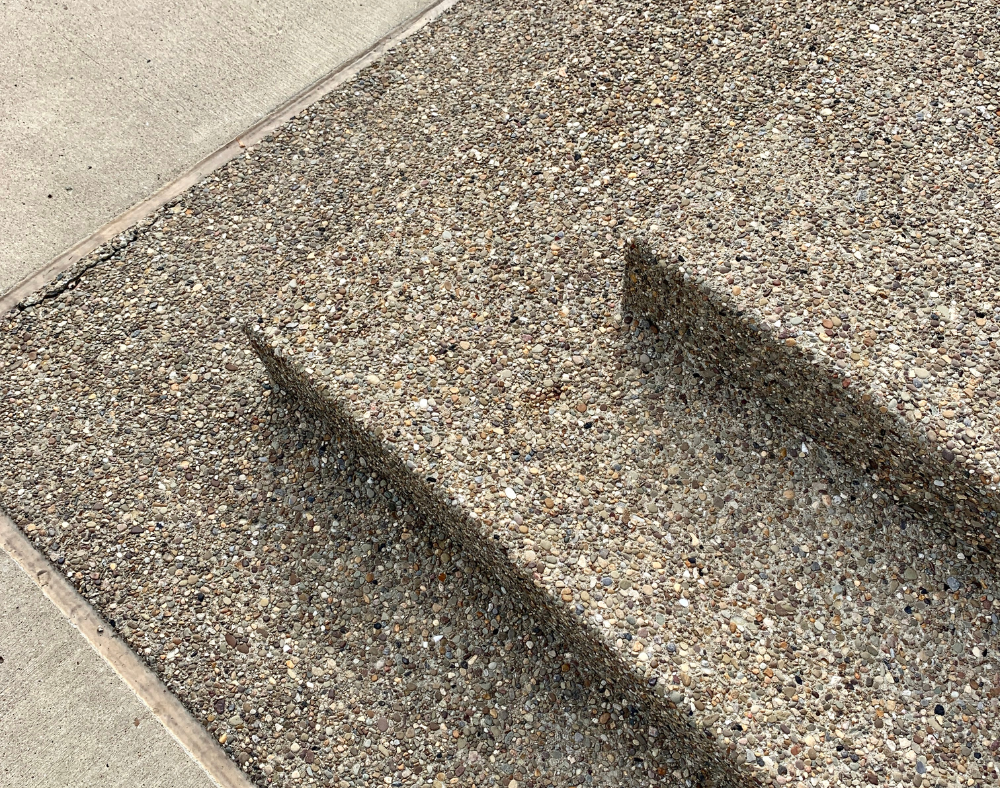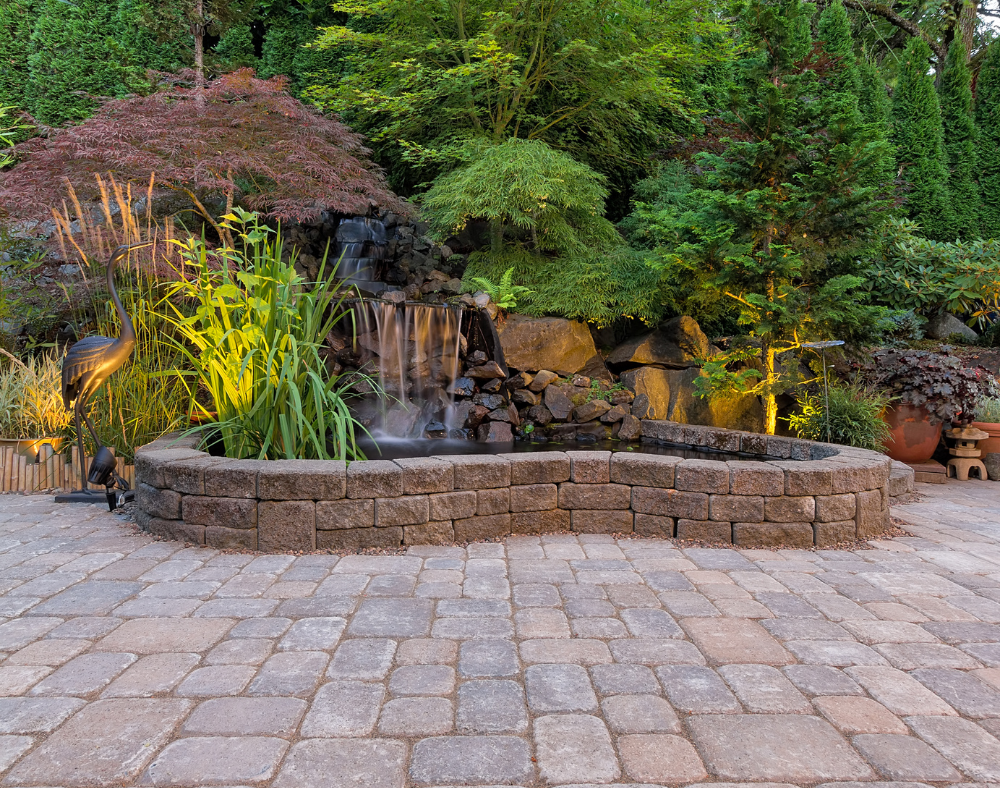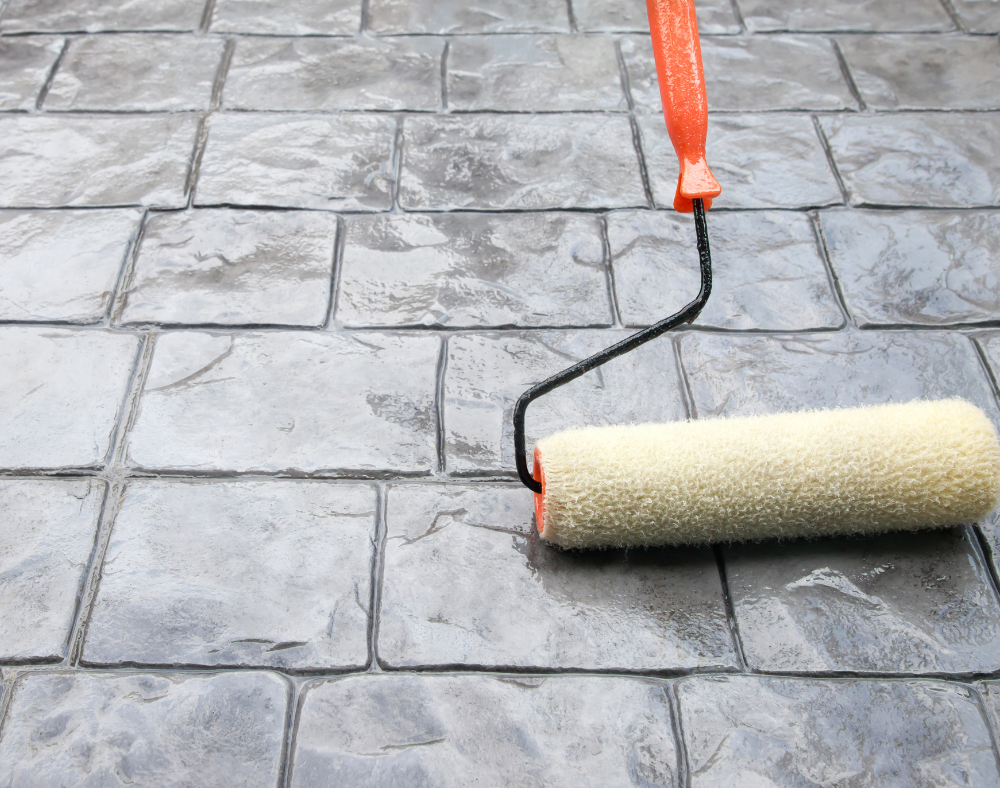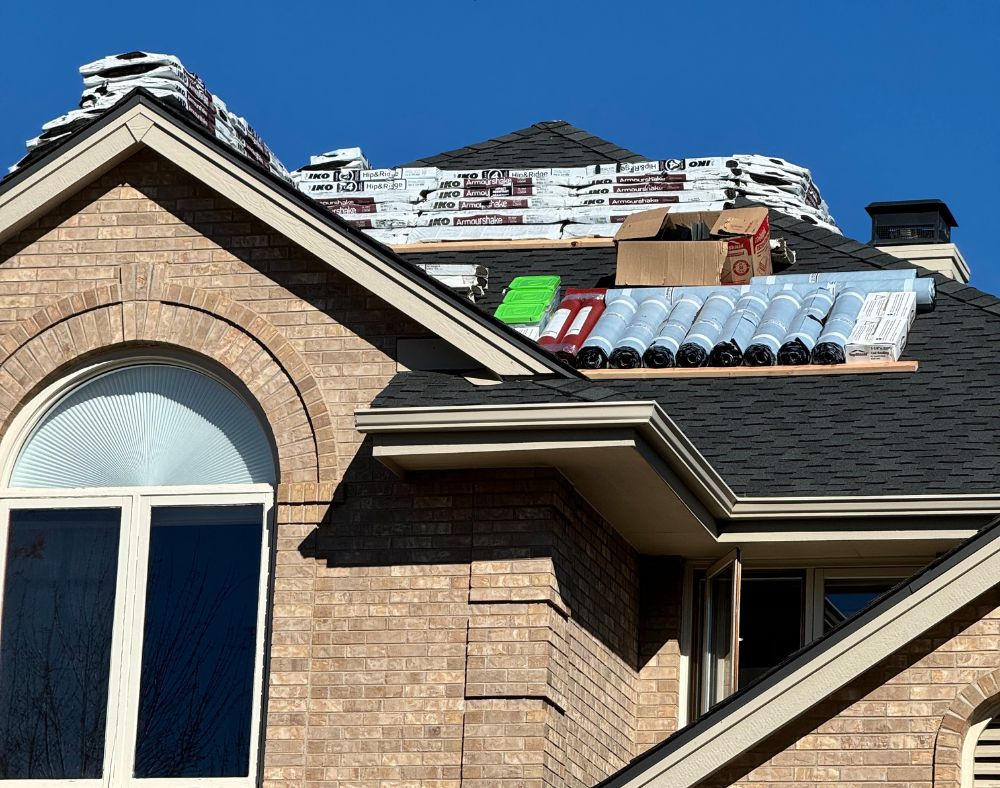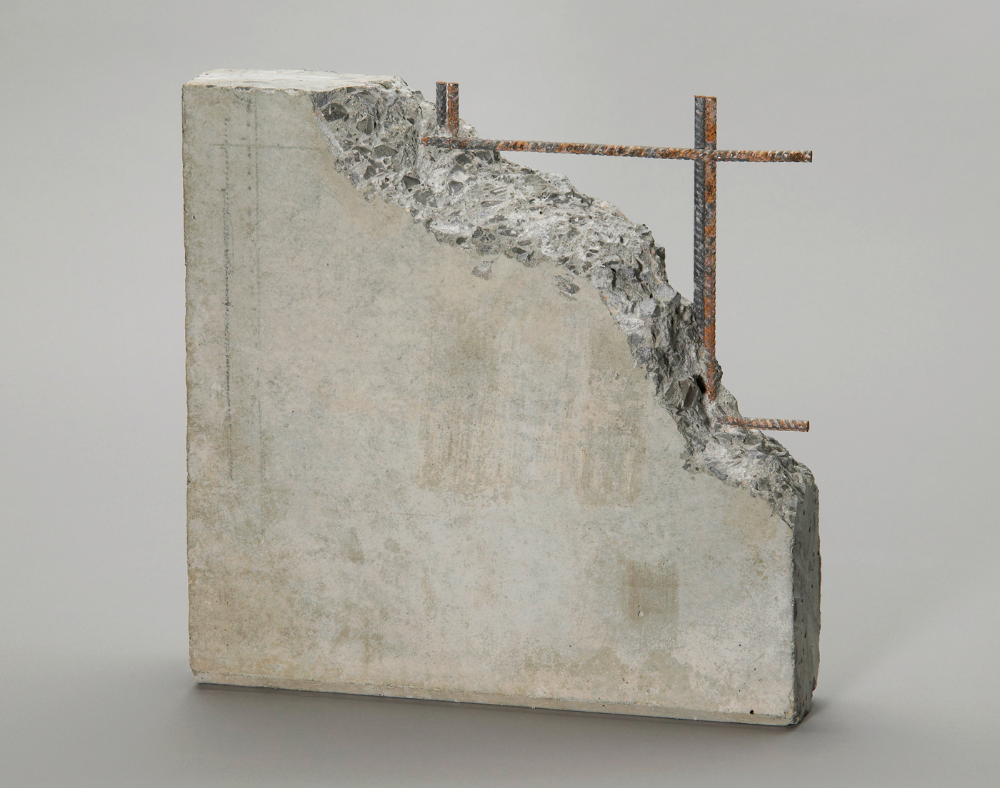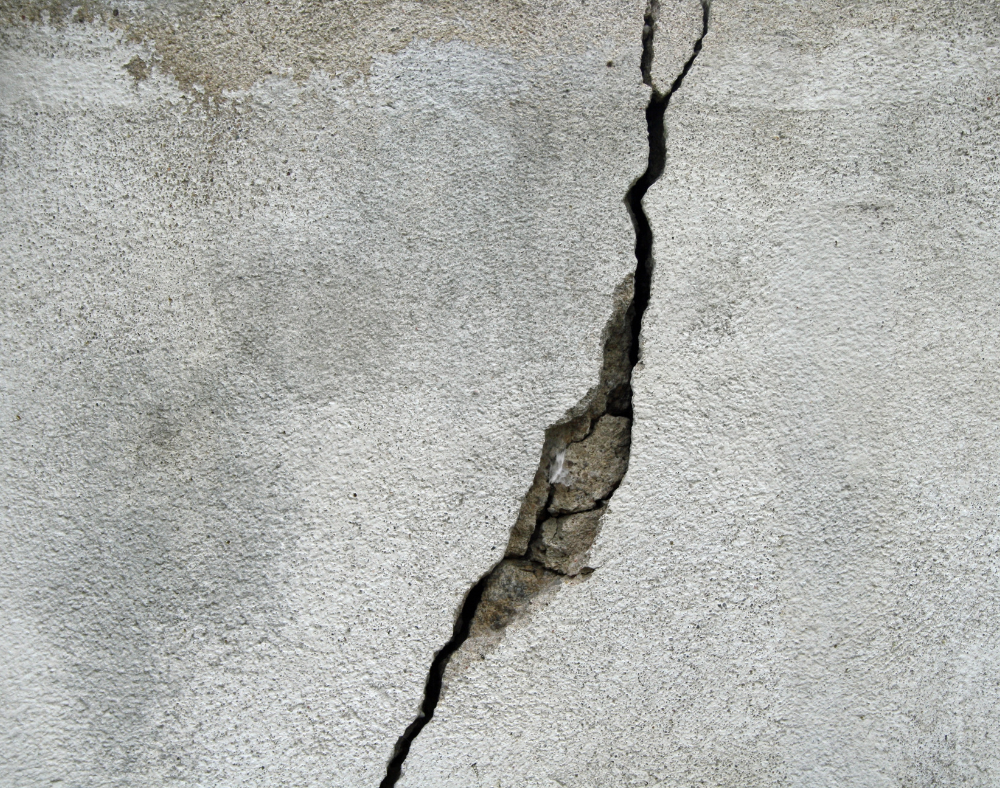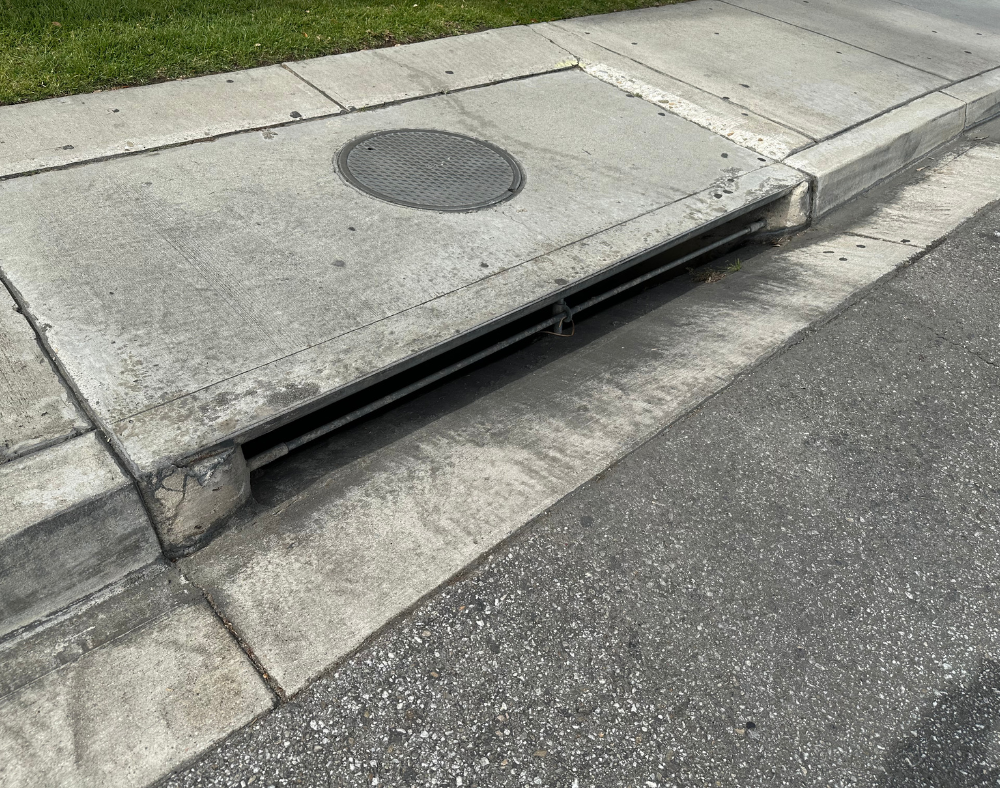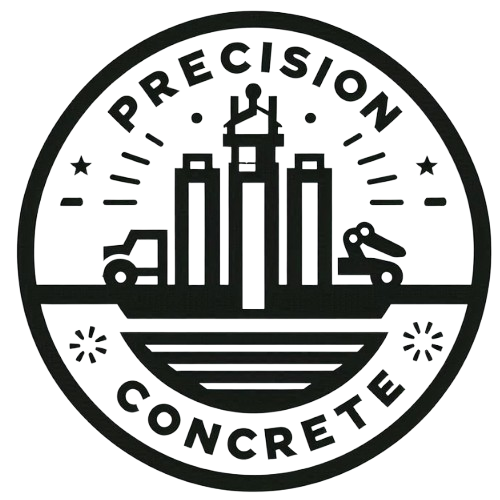Concrete houses have been gaining popularity for their durability, strength, and versatility.
Unlike traditional wood-frame homes, concrete homes offer a host of benefits, from better energy efficiency to improved resistance to natural disasters.
However, many potential homeowners wonder about the cost, the longevity of these structures, and what kind of maintenance is required.
In this blog post, we will explore the costs associated with building a concrete house, its durability, the types of concrete used, and the timeline for constructing a strong, multifunctional concrete home. We will also discuss whether the benefits outweigh the investment and provide insights into maintaining a concrete house to maximize its lifespan.


